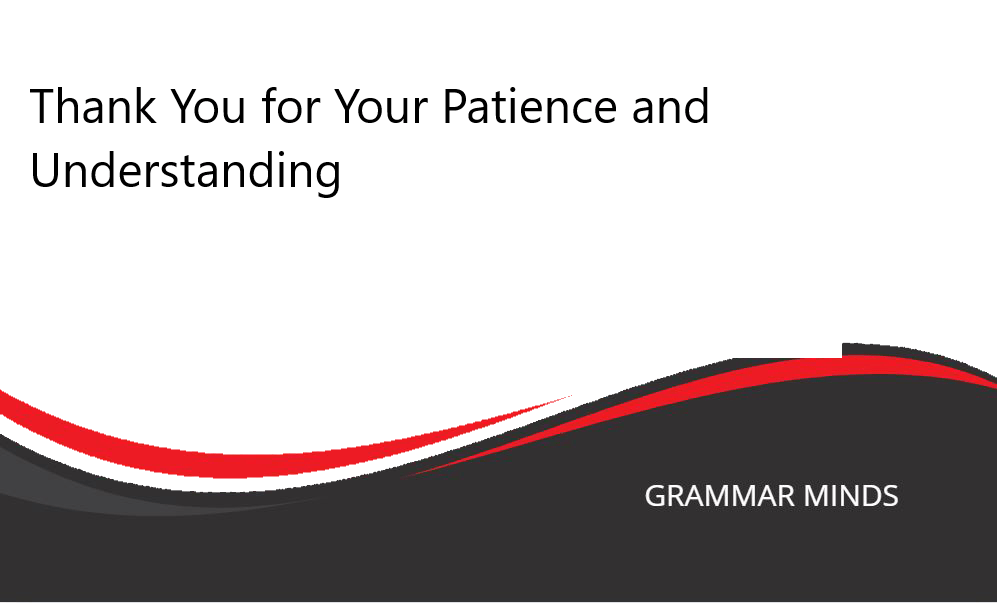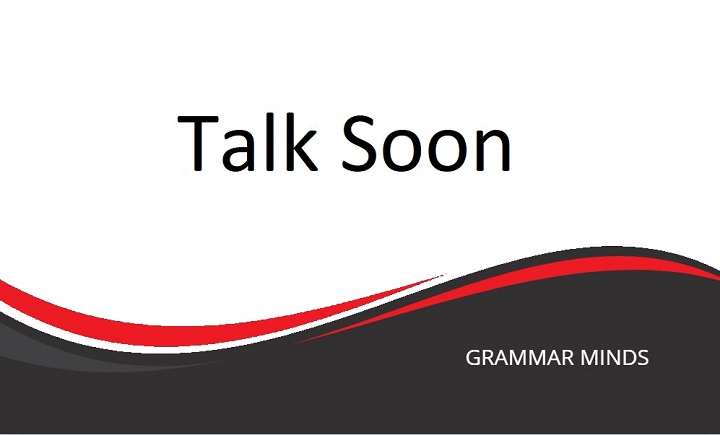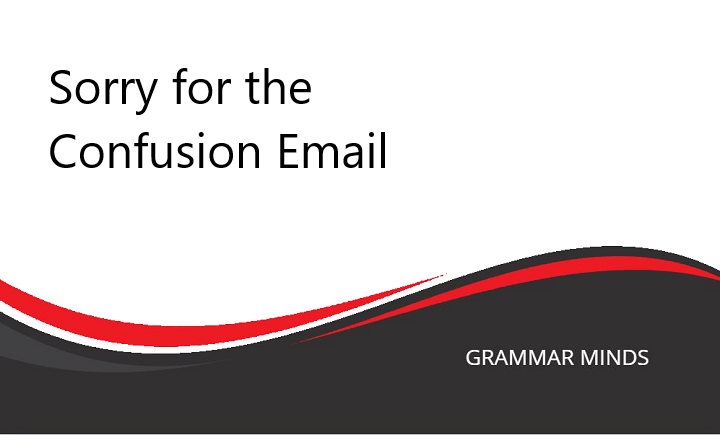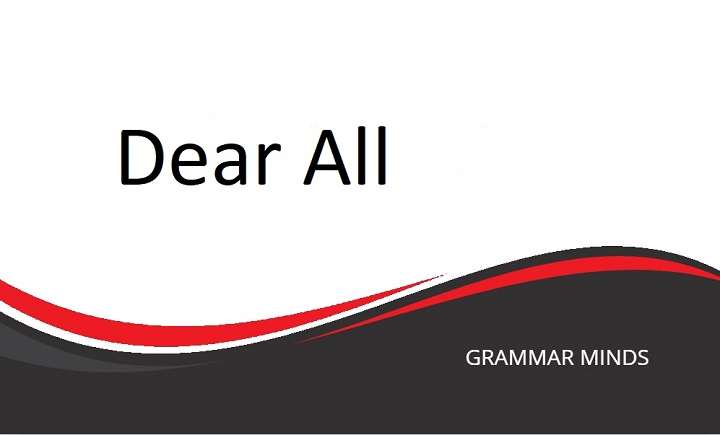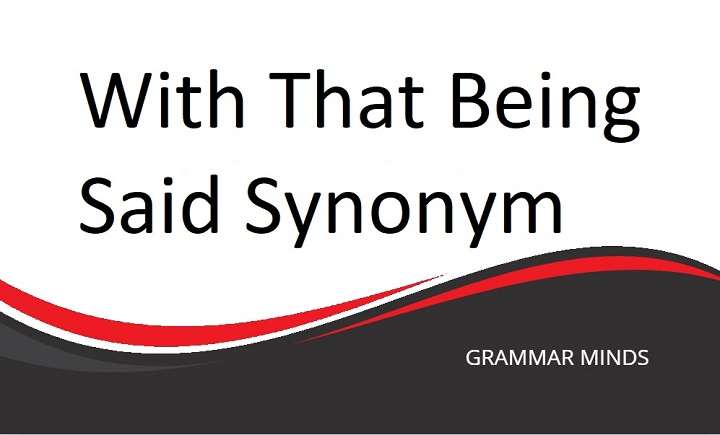In today’s fast-paced world, we often find ourselves in situations where we must ask others to bear with us, whether it’s in a professional setting or in our personal lives. A commonly used phrase for this is “thank you for your patience and understanding.” It’s a courteous way to acknowledge someone’s tolerance and flexibility, but have you found yourself using it too often? If so, you’re not alone!
Repetition of the same phrases, particularly in formal communication like emails, can sometimes feel monotonous. Fortunately, there are plenty of alternatives to freshen up your language while keeping the essence of gratitude intact. In this article, we’ll introduce you to a range of alternative expressions you can use instead of “thank you for your patience and understanding” to help diversify your communication style.
Do You Find Yourself Using the Phrase “Thank You for Your Patience and Understanding” Repeatedly?
Whether you’re in customer service, management, or any other role requiring frequent communication, you’ve probably used the phrase “thank you for your patience and understanding” countless times. While it is an excellent way to convey appreciation, using it too often may come across as generic.
Have you grown tired of this repetitive expression when communicating in your professional or personal life? If so, keep reading for a selection of alternative phrases to add variety to your language without losing the polite and appreciative tone.
Other Ways to Say “Thank You for Your Patience and Understanding”
When you want to express appreciation while ensuring the message remains sincere and respectful, try using one of these ten alternative phrases:
- I appreciate your cooperation.
Usage: This phrase is perfect for formal situations where you need to acknowledge someone’s willingness to work with you.
Example (in an email):
“Dear [Recipient], I appreciate your cooperation regarding the recent changes. Your understanding in this matter is invaluable.” - Your support during this time is greatly appreciated.
Usage: This phrase is suitable for both formal and informal settings, particularly when you want to emphasize the importance of someone’s patience.
Example (in a conversation):
“Hey [Friend], I know things have been hectic lately, and your support during this time is greatly appreciated.” - Thank you for bearing with us.
Usage: This informal alternative is well-suited for situations where you’re asking someone to wait, such as when a process takes longer than expected.
Example (in an email):
“Dear [Client], We’re working hard to resolve the issue. Thank you for bearing with us as we make these updates.” - I’m grateful for your understanding.
Usage: A more formal phrase that works well in business emails or when addressing someone in a professional context.
Example (in an email):
“Dear [Recipient], I’m grateful for your understanding as we navigate this transition. Your patience is truly appreciated.” - Thank you for your ongoing support.
Usage: This phrase is suitable for both professional and personal contexts and emphasizes continuous assistance or patience.
Example (in an email):
“Dear [Recipient], Thank you for your ongoing support during this project. We couldn’t have done it without you.” - I appreciate your patience as we work through this.
Usage: Ideal for formal communication, especially when you need to acknowledge someone’s patience regarding a specific task or issue.
Example (in an email):
“Dear [Recipient], I appreciate your patience as we work through this matter. We are doing everything we can to ensure a timely resolution.” - Thanks for your flexibility.
Usage: An informal yet respectful alternative, this phrase can be used when someone has adjusted their plans to accommodate you.
Example (in a conversation):
“Thanks for your flexibility with the meeting time! I’ll see you tomorrow.” - Your understanding is very much appreciated.
Usage: A formal phrase often used in written communication to express gratitude for someone’s tolerance and support.
Example (in an email):
“Dear [Recipient], Your understanding is very much appreciated as we make these necessary adjustments. We will keep you informed of any further updates.” - I’m thankful for your patience and cooperation.
Usage: This phrase adds an extra layer of appreciation by combining patience and cooperation, making it suitable for formal scenarios.
Example (in an email):
“Dear [Recipient], I’m thankful for your patience and cooperation during this complex process. Your contributions have been incredibly helpful.” - Thank you for your continued understanding.
Usage: This is a versatile phrase that can be used in both professional and personal contexts, especially when someone has been patient over a long period.
Example (in an email):
“Dear [Recipient], Thank you for your continued understanding. We are working hard to resolve the situation and will keep you posted on any progress.”
Key Notes on Using “Thank You for Your Patience and Understanding”
The phrase “thank you for your patience and understanding” is grammatically correct and suitable for both formal and informal situations. However, it can sometimes feel a bit basic, especially if used frequently.
- You can use “I appreciate your cooperation” for formal situations, especially in emails or meetings.
- “Thank you for bearing with us” is a great informal alternative for more casual settings, such as conversations with friends or colleagues.
- “Your support during this time is greatly appreciated” can be used when expressing gratitude in both formal and informal contexts, making it one of the most versatile alternatives.
These alternatives allow you to maintain a tone of respect and gratitude while sounding more varied and dynamic in your communication.
Phrase Breakdown and Usage Examples
Let’s take a closer look at how to use some of these phrases effectively in real-world situations.
“I appreciate your cooperation”
Usage: If you’re looking for a more formal way to say “thank you for your patience and understanding,” try using “I appreciate your cooperation.” This alternative adds a touch of professionalism, making it ideal for workplace environments, emails, or meetings.
Example (in an email):
“Dear [Recipient], Thank you for your assistance with the recent issue. I appreciate your cooperation in helping us resolve it.”
“Thank you for bearing with us”
Usage: A more informal alternative to “thank you for your patience and understanding” is “thank you for bearing with us.” This phrase works well in conversations where you’re speaking to someone familiar, such as a friend or colleague.
Example (in conversation):
“Hey [Friend’s Name], Thanks for your help today. Thank you for bearing with us while we sorted things out.”
Is It Correct to Say “Thank You for Your Patience and Understanding”?
Yes! “Thank you for your patience and understanding” is a grammatically correct and widely accepted phrase in both formal and informal settings. It’s a versatile expression that can be used in professional emails, casual chats, and everything in between.
However, as with any phrase used frequently, it can start to sound repetitive. Using synonyms like the ones we’ve listed above will help you keep your language fresh and engaging, regardless of the context.
Slight Variations of “Thank You for Your Patience and Understanding”
If you want to switch things up even further, try these slight variations of the phrase:
- “Thank you for your continued patience and support.”
- “I truly appreciate your understanding and patience.”
- “Your patience and flexibility are greatly appreciated.”
These phrases allow you to maintain the respectful tone of the original while providing some diversity in your language.
Also Read:
Have a Great Weekend Team: Alternative Ways to Keep It Fresh and Engaging
In conclusion, “thank you for your patience and understanding” is a perfectly acceptable and grammatically correct phrase that works well in both formal and informal contexts. However, overusing it can make your communication feel stale and repetitive. By using the alternative phrases provided in this article, you can diversify your vocabulary and communicate more effectively. Whether in a professional setting or casual conversation, these phrases will help you express your gratitude while keeping your language varied and engaging.

